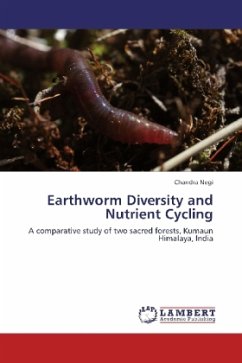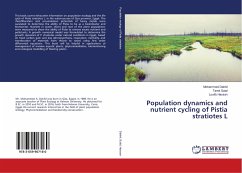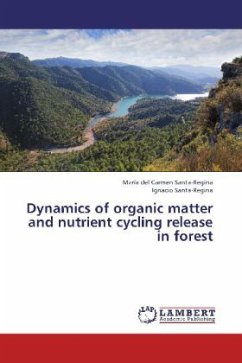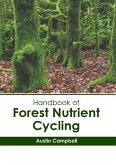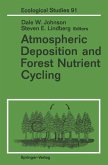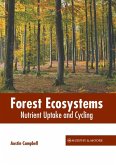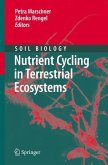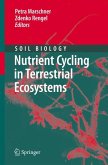There are very few reports on earthworm ecology in the Himalayas, lest the work that deals with earthworm population dynamics and nutrient cycling, across the altitudinal gradient, encompassing the agricultural zone at the base, and extending to forested zones, lying above. More so, a comparative study of the kind undertaken in the present study, wherein a relative study of two different sacred forests sites, differing in their magnitude of disturbance have never been attempted. In brief, the present text incorporates- (i) a brief introduction to the subject area of study, (ii) a detailed literature review, (iii) a brief account of the earthworm species encountered, (iv) spatial variation and the functional guild, (v) age structure and vertical distribution of the species encountered, and finally (vi) a detailed study of the life cycle of the most dominant species encountered- Eutyphoeus nainianus. The text ends with a note on potential use of the species for vermicomposting. Thebook would prove beneficial to postgraduate students and researchers, as well as to entrepreneur farmers, working in the field of soil biology and earthworms.
Bitte wählen Sie Ihr Anliegen aus.
Rechnungen
Retourenschein anfordern
Bestellstatus
Storno

